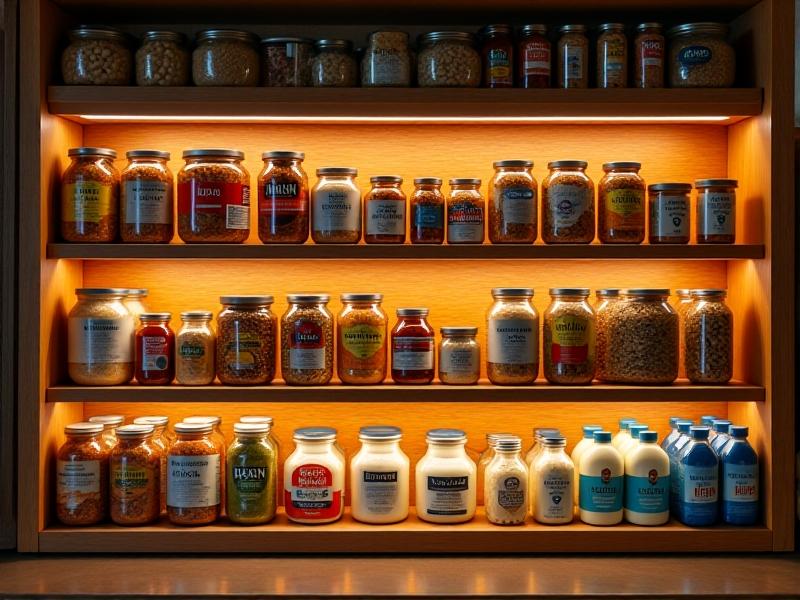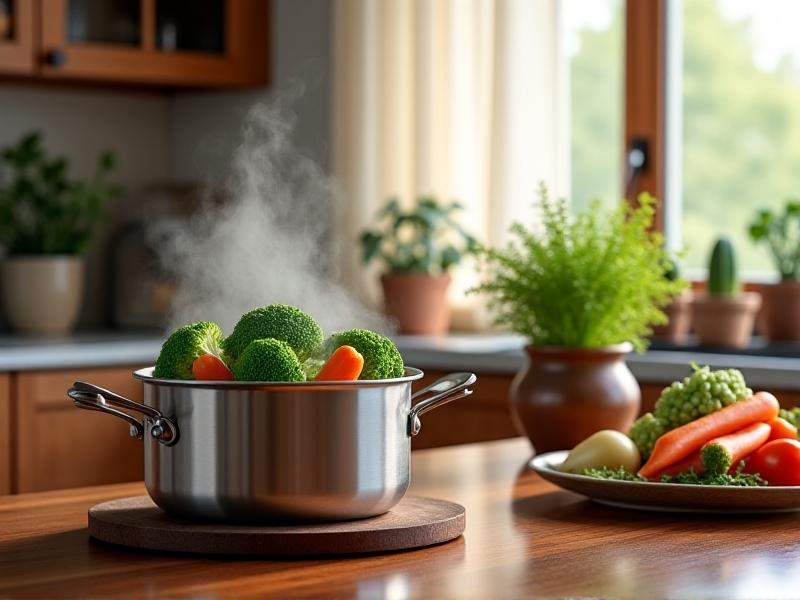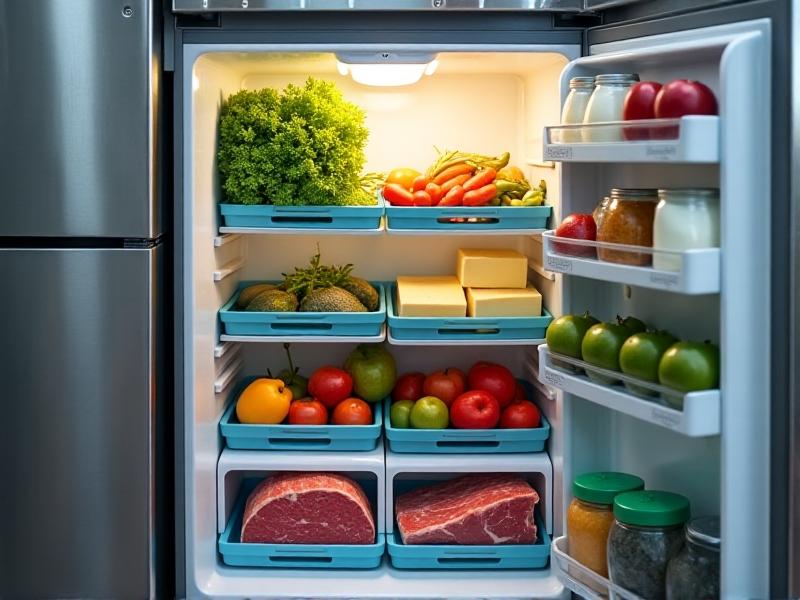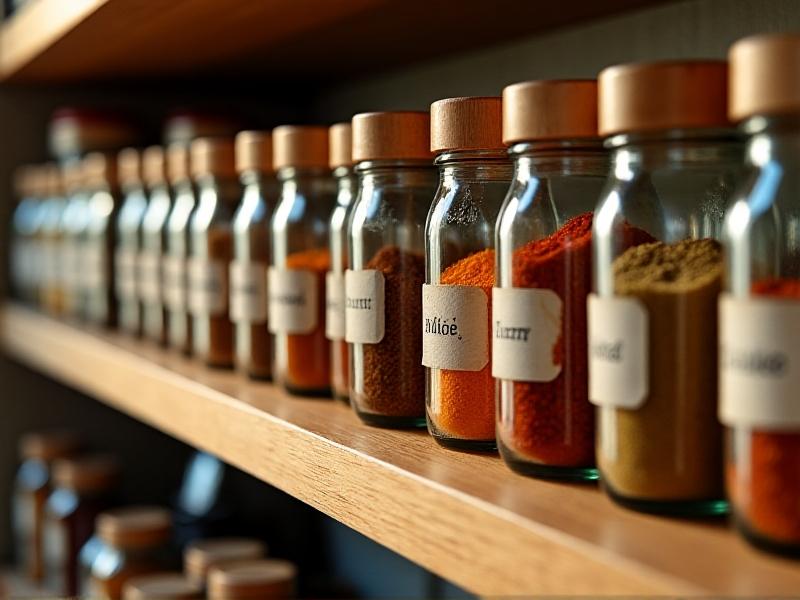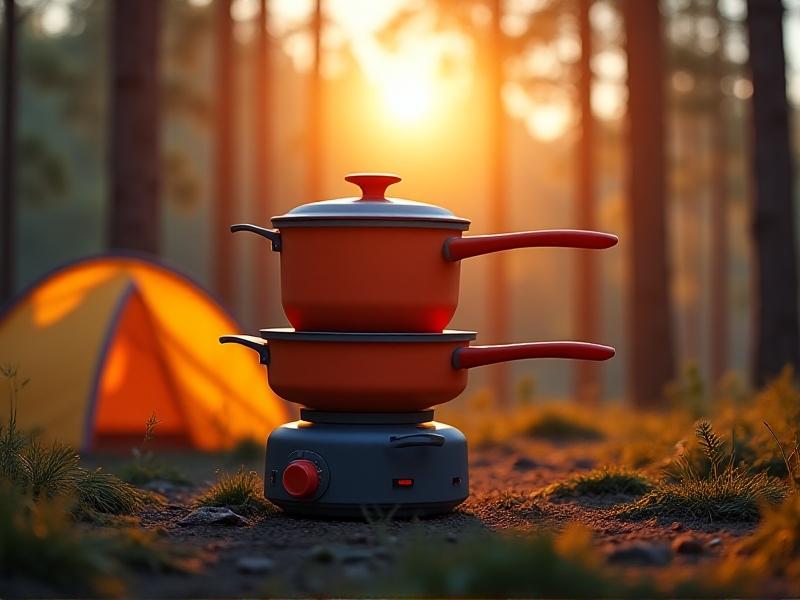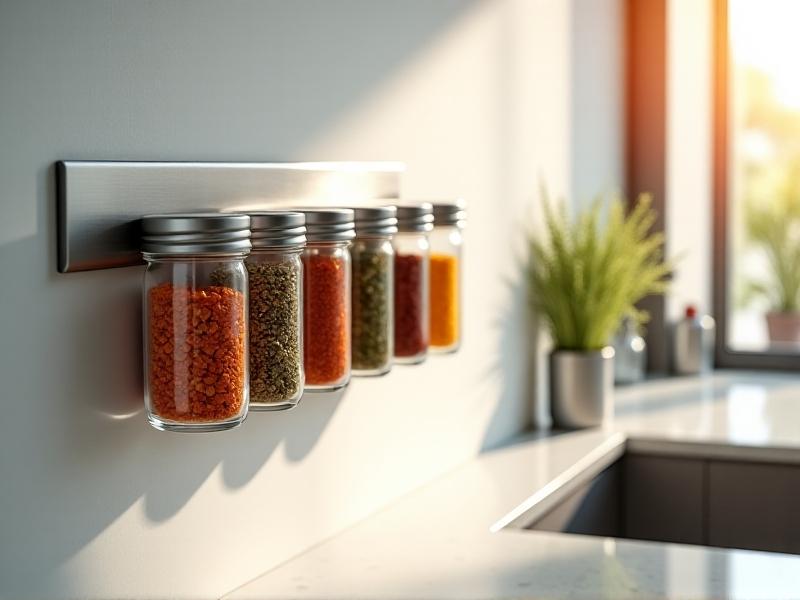Allergy-Friendly Road Meal Kits
The Rise of Allergy-Friendly Road Meal Kits
Road trips have always been synonymous with freedom and adventure—but for travelers with food allergies, planning meals on the go can feel like navigating a minefield. Enter allergy-friendly road meal kits: prepackaged, customizable solutions designed to keep everyone safe, satisfied, and energized. These kits are revolutionizing travel by eliminating guesswork around allergens, cross-contamination, and limited dietary options. From gluten-free sandwiches to nut-free trail mixes, they cater to the 32 million Americans with food allergies while appealing to health-conscious eaters seeking transparency and convenience. With road trips surging in popularity post-pandemic, allergy-friendly meal kits are shifting from niche products to essential travel companions.

Designing Safe and Delicious Road Trip Menus
Creating an allergy-friendly meal kit starts with rigorous ingredient vetting. Brands collaborate with nutritionists and allergists to ensure every item avoids the Big 9 allergens (milk, eggs, fish, shellfish, tree nuts, peanuts, wheat, soy, and sesame). Innovation shines in substitutes: chickpea pasta for gluten-free mac 'n' cheese, sunflower seed butter as a nut-free spread, and aquafaba-based desserts replacing egg-laden treats. Menus prioritize balanced nutrition—think quinoa salads with roasted veggies or turkey wraps on coconut flour tortillas—while incorporating travel-friendly textures that withstand hours in a cooler. Customization is key: many services let users exclude specific allergens or choose portion sizes, ensuring no one feels limited by their dietary needs.
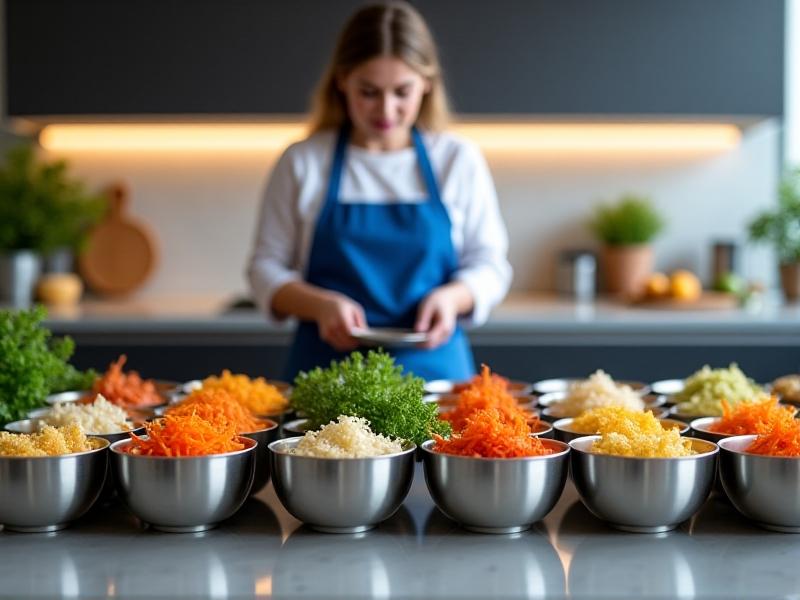
Navigating Top Allergens on the Road
Cross-contamination poses the biggest risk for travelers with severe allergies. Reputable meal kit companies address this by using dedicated facilities—a separate kitchen for nut-free products, for example—and triple-sealed packaging. Transparency is non-negotiable: ingredient lists detail every component, down to spices and oils. For consumers, education matters. Kits often include QR codes linking to video explanations of safety protocols or PDF guides on recognizing allergen-free certifications (e.g., GFCO for gluten-free, NSF for vegan). Proactive tips, like storing epinephrine injectors in temperature-controlled pockets of meal totes, add an extra layer of preparedness.
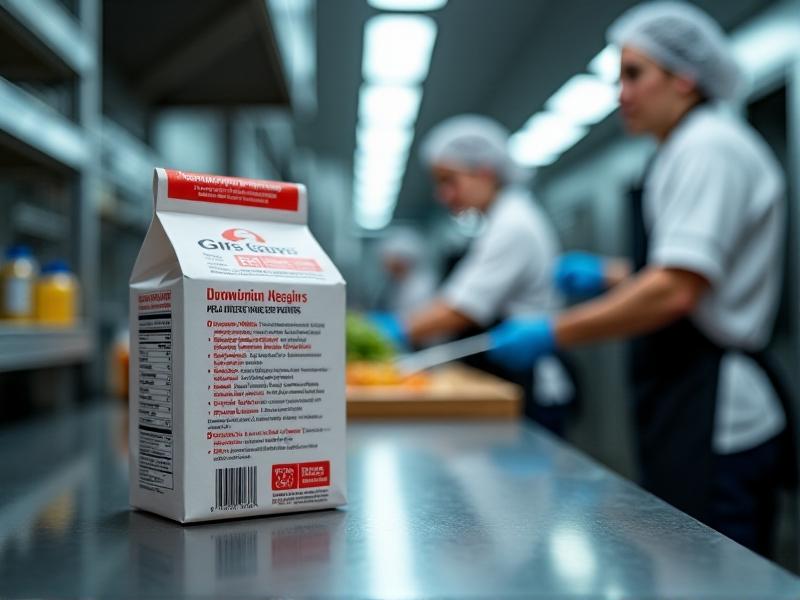
Sustainable Packaging Meets Dietary Needs
Allergy-friendly doesn’t have to mean environmentally harmful. Leading brands use compostable containers made from plant-based materials like sugarcane fiber or mushroom mycelium. Insulated totes with recyclable cooling gel packs keep meals fresh without single-use plastics. Some companies even partner with zero-waste programs, offering discounts for returning packaging to be sterilized and reused. This focus on sustainability resonates with eco-conscious travelers who want their dietary choices to align with broader ethical values—proving that safety and planet-friendliness can coexist.
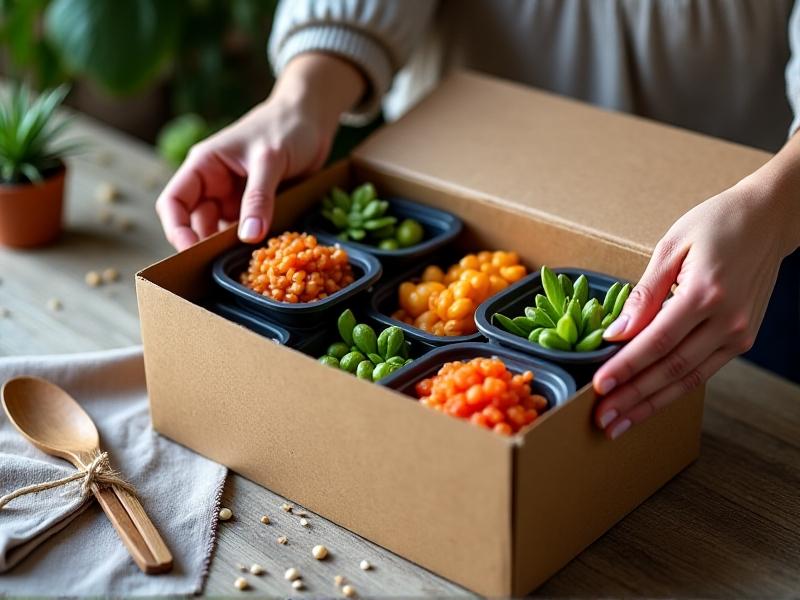
How to Choose the Right Meal Kit for Your Trip
With dozens of options available, selecting a kit requires matching your needs to a brand’s strengths. For nut allergies, seek companies like SafeBite that operate nut-free facilities. Gluten-sensitive travelers might prefer WanderFuel , which offers 100% certified gluten-free menus. Consider shelf life: freeze-dried hiking meals last weeks, while fresh refrigerated kits are ideal for weekend getaways. Don’t overlook customization—some services let you build à la carte snack boxes or add allergy-safe condiment packets. Reviews from fellow travelers with similar restrictions can provide invaluable insights into taste and reliability.
DIY Allergy-Friendly Road Meal Prep Tips
For those who prefer homemade solutions, smart prep is essential. Start with airtight, compartmentalized containers to prevent cross-contact. Batch-cook freezer-friendly staples like quinoa muffins or turkey meatballs using allergen-free substitutes (e.g., flax eggs instead of chicken eggs). Label everything clearly with expiration dates and ingredients. Pre-portioned snack packs—think roasted chickpeas or sunflower seed butter squeeze pouches—add convenience. Always carry a “safe utensil” kit with dedicated cutlery and surface wipes for roadside picnics. Planning ahead ensures spontaneity doesn’t come at the cost of safety.

